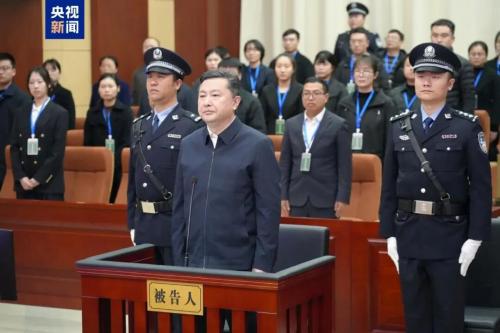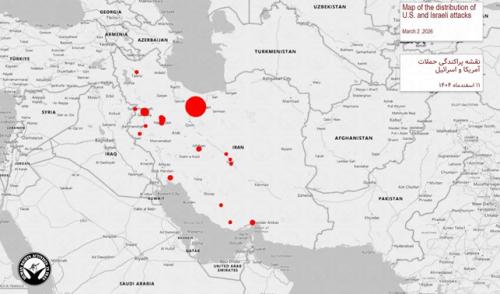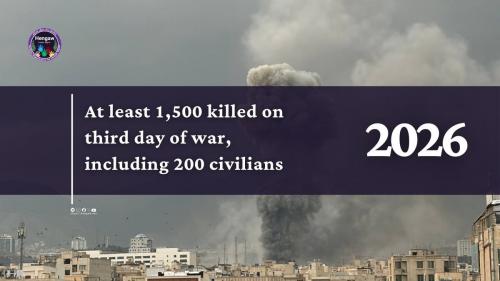06 August 2002 :
Iraqi President Saddam Hussein ordered the release of some prisoners to mark the 14th anniversary of the end of the Iran-Iraq war.But the decree issued by the Revolutionary Command Council and signed by Saddam appeared to exclude political prisoners.There were no figures available for the number of prisoners to be freed.The decree, carried by the state media, orders the release of prisoners who have served at least one year of a jail sentence of up to five years, two years of a 10-year sentence, or five years of a sentence of more than 10 years.Prisoners on death row will have their sentences reduced to life imprisonment, unless they were convicted on drugs charges, murder during robbery, or spying charges. The Iraqi authorities call "spies" all those arrested for attacking government targets or belonging to the various banned opposition groups.Iran accepted a UN ceasefire on August 8, 1988, after an eight-year war with Iraq that claimed up to a million lives. Iraq celebrates the ceasefire as a "great victory day" against Iran. (Sources: Reuters, 06/08/2002)October 20, 2002: the Iraqi government announced an amnesty for all prisoners. The amnesty was intended to thank the Iraqi people for their support of Saddam, who claimed a 100-percent ´yes´ vote in the presidential referendum on October 15.Iraqi television showed men leaving a prison carrying their belongings in plastic shopping bags and chanting: "We sacrifice our blood and souls for Saddam."There was no figure available as to how many inmates the amnesty would involve.A statement attributed to Saddam, read on national television by Information Minister Mohammed Saeed al-Sahhafa, said the "full and complete and final amnesty" applied to "anyone imprisoned or arrested for political or any other reason."Those convicted of murder, the statement said, would only be released if the victims´ families agreed and those convicted of theft would have to work out a way to repay their victims before being released. Soldiers accused of desertion and those awaiting execution of their death sentences were included."We are shifting the responsibility of reforming them to their families and society after we have provided them with this opportunity," the statement said. "We ask God that we will not regret this decision."Some prisoners were heard pledging not to commit any crimes in the future and others said they were "ready to defend Iraq and the great leader."However Iraqi human rights activists denounced the amnesty as a farce and numerous voices were raised demanding to know the fate of thousands of Fayli Kurds, estimated between 7,000 to 10,000, who were engulfed by the prison system.Other sources reported the deaths of prisoners a few days after their release, apparently through poisoning. Kuwait accused Iraq of failing to account for more than 600 Kuwaitis and nationals of other countries who disappeared during the Gulf crisis. State-run television said that other Arabs imprisoned or detained in Iraq - except those held on charges of spying for Israel or the United States - were included in the amnesty.In the United States, Secretary of State Colin Powell said the amnesty was a political ploy by Saddam. "This is typical of this man´s use of human beings for these political purposes of his," Powell said. "This is the kind of manipulation he uses to try to paint himself as something other than what he is, a brutal dictator."Iraqi exiles and the United States also scoffed at Saddam´s referendum and the reported results. Saddam was the only candidate and Iraqis were asked to vote ´yes´ or ´no´ on whether he should serve another seven-year term. In a country where dissidents face torture or death, according to exiles and international human rights groups, assessing voters´ sincerity is difficult. (Sources: AP, Guardian website, 21/10/2002)








